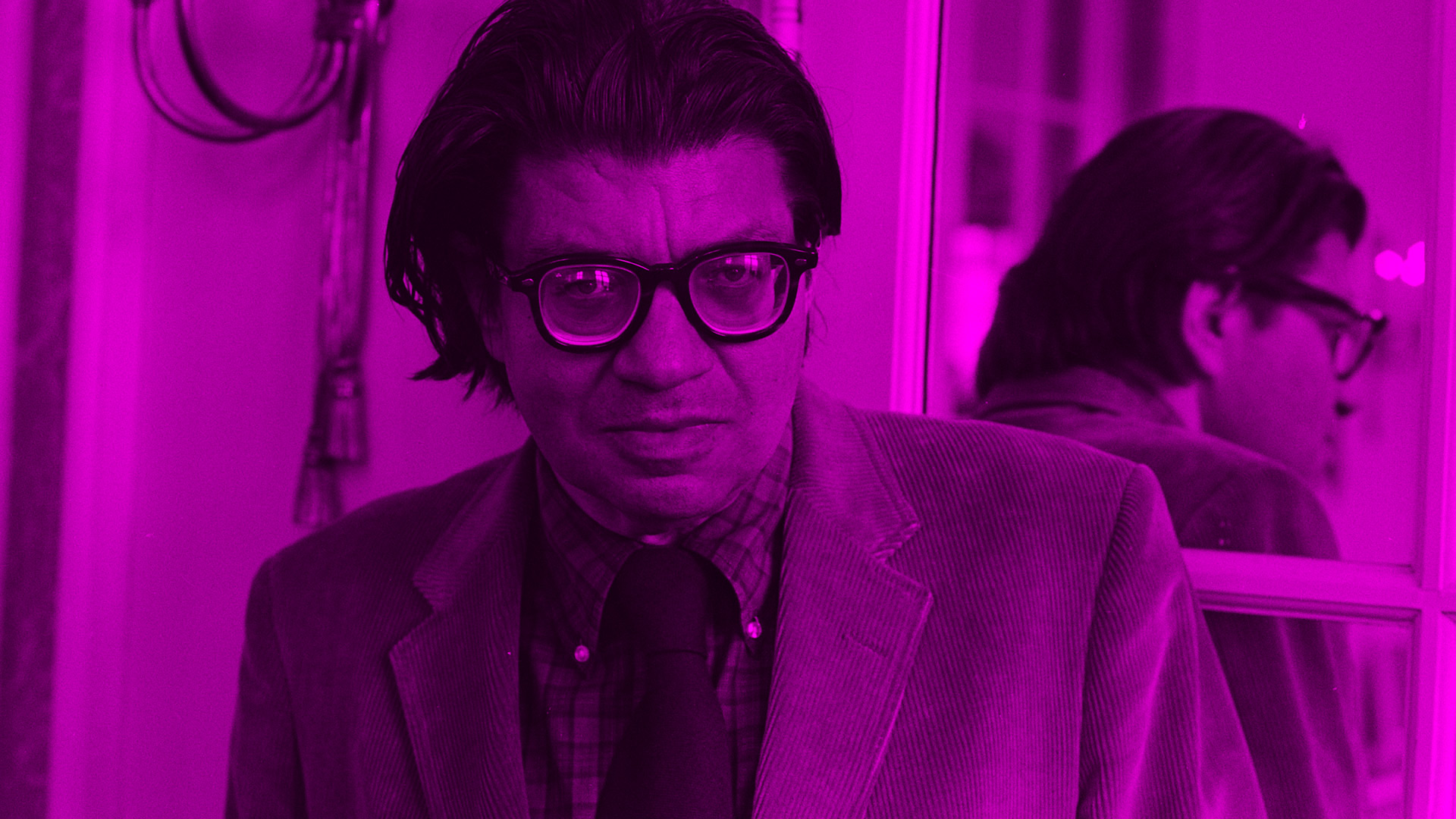CHARLES IVES
Two little flowers
To Edith
Songs My Mother Taught Me
The Children’s Hour
Memories A-B
for voice and piano
Sunrise
for voice, violin and piano
MORTON FELDMAN
Voice, violin and piano
Only per solo voice
JOHN CAGE
In a Landscape
for piano
The Wonderful Widow of Eighteen Spring
for voice and piano
CHARLES IVES
Sentimental Ballads
for voice and piano
Violin
Giovanni Battista Fabris
Mezzosoprano
Manuela Custer
Piano
Claudio Marino Moretti
The American musical tradition boasts a rich heritage in the area of song, several composers during the 20th century experimented with this genre, spanning American and European poetic repertoire and a variety of musical references. Charles Ives was a firm reference point, having composed a corpus of around one hundred and fifty Songs during his years of activity between 1890 and 1930 and contributing to the establishment of an independent American repertoire. His style stands out because he is able to rework heterogeneous material through eclectic and surprising writing, so his songs draw on texts by various authors, addressing the most diverse themes. A recurring element is the theme of family. His daughters were often a source of musical and poetic inspiration for Ives, who also sometimes wrote lyrics together with his wife Harmony. In 1922, Ives published the collection 114 Songs, while the collection Sentimental Ballads, published separately, contains some of the first 114 songs plus other titles composed at another time. Sunrise, for voice, violin and piano, was composed in 1926; here the composer offers a unique sonority, in which the dialogue between voice and piano is amplified by the introduction of the violin.
Ives’ output, in the different genres he addressed, was a fundamental inspiration for the composers of the next generation, including Morton Feldman and John Cage. Both were able to establish their own language based on Ives’ experimentation and, of course, picking up the influences of the European avant-gardes. In particular, Feldman’s research leans towards an almost abstract minimalism. Only, for solo voice, is a song composed in 1947 to a text by Rainer Maria Rilke, in which the composer aims to fill the sound space with the sole use of the voice and thus without accompaniment; the text deals with the theme of death with ethereal nostalgia. Feldman’s personal approach also emerges in Voice, Violin and Piano, from 1976, where the voice – there is no sung text – is treated as a ‘pure’ instrument, creating with the violin and piano a highly suggestive interplay of resonances. Cage’s artistic career is particularly distinguished by experimentalism. In a Landscape, for piano, is a piece composed in 1948 and inspired by the linearity of Eric Satie’s Gymnopédies, the composer paints a true inner soundscape, in which the resonance pedal determines an alternation of emptiness and density. In The Wonderful Widow of Eighteen Springs, for voice and piano, alongside the clean vocal line, the piano is employed as percussion, in a process of ‘distorting’ the listener’s expectations and searching for alternative timbres (in a way, as in the most famous pieces for ‘prepared piano’).
Ludovica Gelpi
